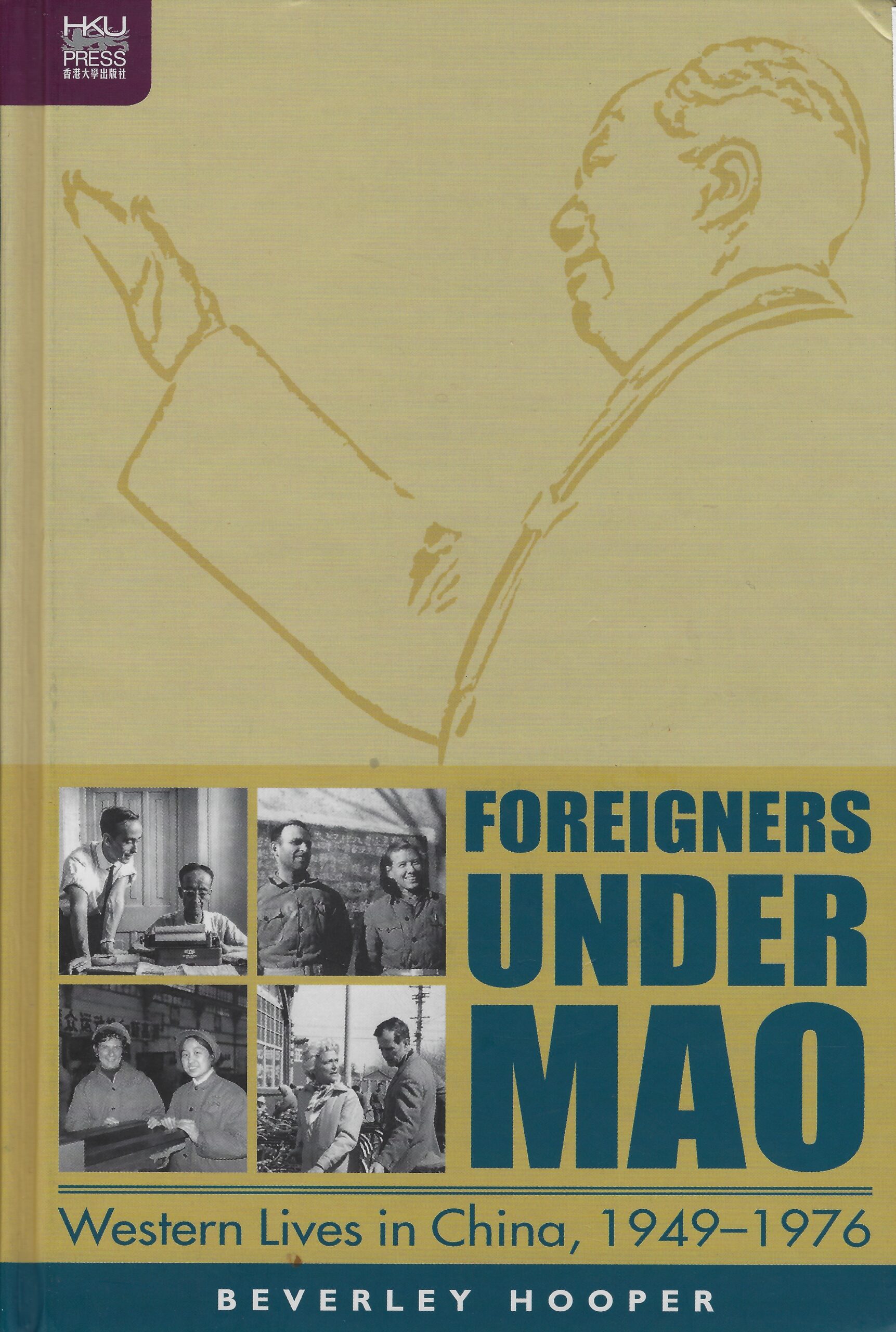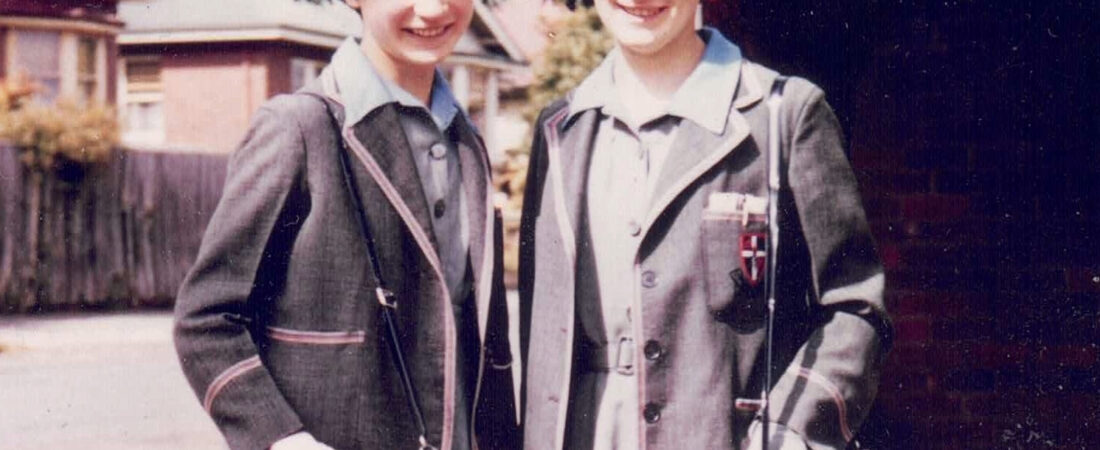Beverley Hooper (Class of 1957) – Scholar, Professor and Author
Posted on May 7, 2024
A Lasting Impact
In 1952, Beverley Hooper (1957) won The Friends’ School’s first ever Ida Mather scholarship, valued at £20 a year for three years. The academic and author reflects on life at Friends’ in the 1950s and how it shaped her life and work.
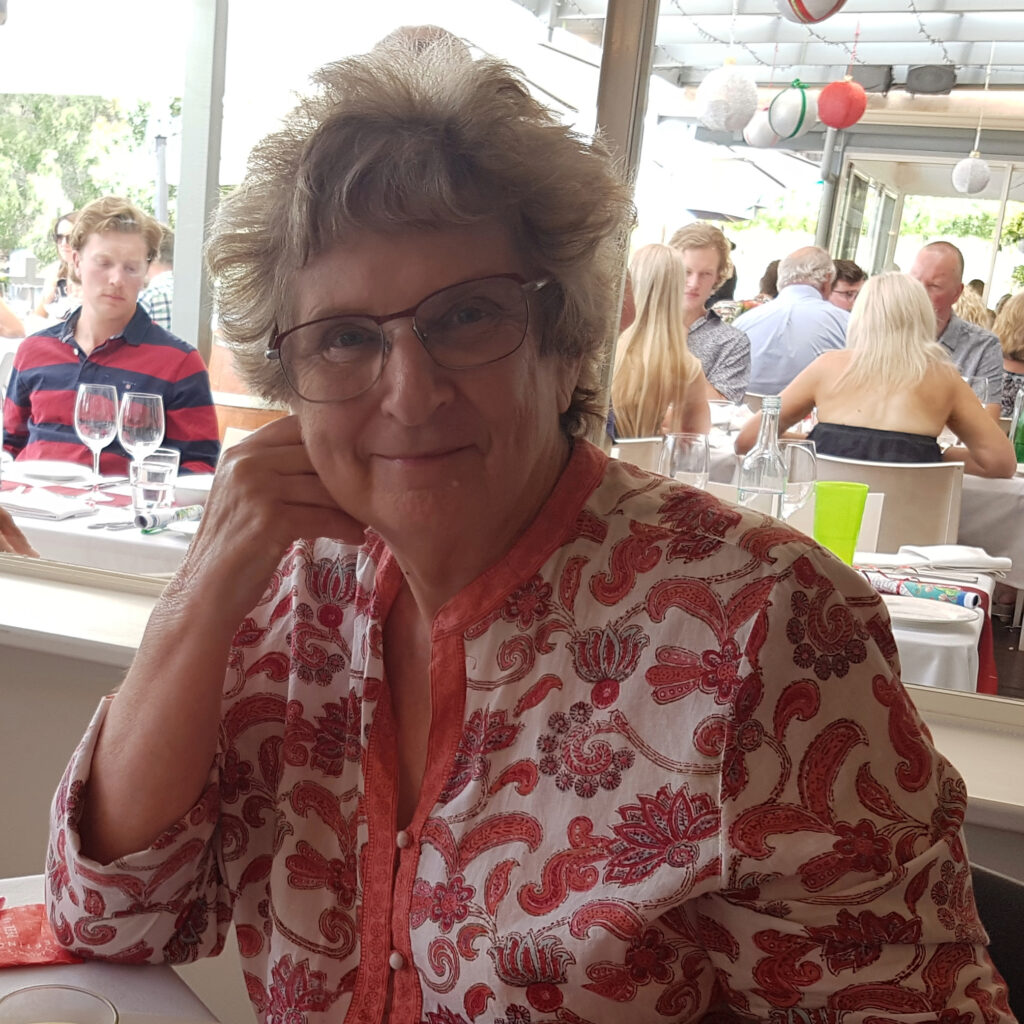
Can you remember how it felt to win the scholarship?
When my name was announced at morning assembly, I just thought “Oh, that’s me”. I think my parents, who received a letter saying that their daughter had won the Ida Mather scholarship, were more excited. The scholarship was awarded on academic ability – as perceived at the end of Junior School (year 7) before we moved on to Senior School. From memory, we all did a written test that was based more on intellectual aptitude than on specific school subjects. The Ida Mather Scholarship was for girls. Bill Bale (1958), a future QC and Tasmanian Solicitor General, won the boys’ scholarship. I might have been better at maths than Bill, but no match for him in debating skills.
What are your strongest memories of Friends’?
Mostly of individual teachers – from my lovely Preparatory School year 4 teacher, Miss Cordner, who used her artistic skills to decorate the blackboard, to the Senior School maths teacher Miss Sharp whose enthusiasm for the subject rubbed off on me, if not on all my fellow-students! Unfortunately, my school reports revealed that some of my class teachers were unimpressed with my work ethic, even though I usually got quite good grades. “Beverley is capable of still better work without great effort” (W. Goodenough 1953). “Beverley relies too much on her ability and too little on hard work” (N. Newbon 1955).
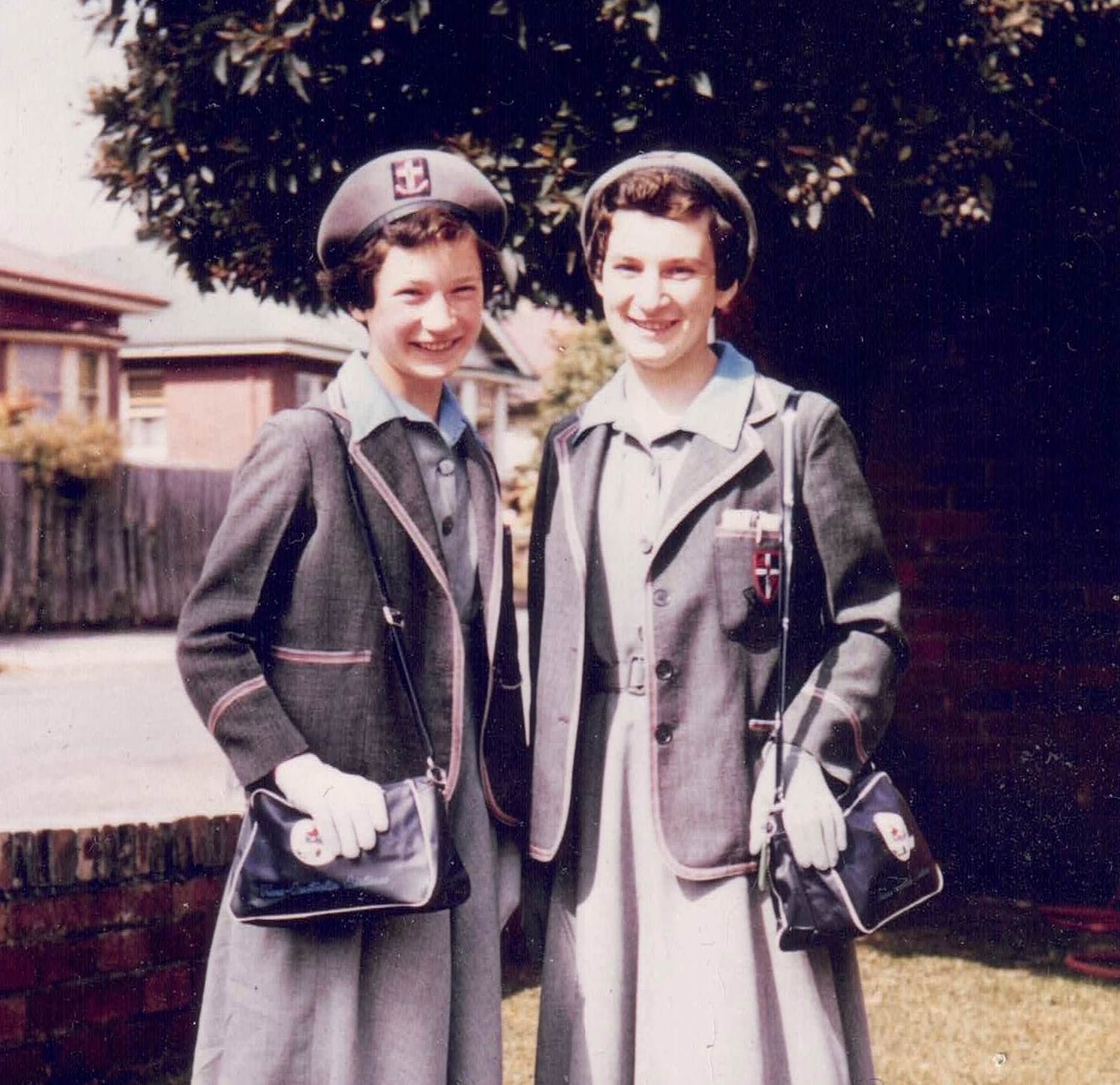
My other main memory of Friends’ is that I was very mediocre at sport, despite my efforts at tennis and basketball. So I never earned the much-coveted Friends’ sports blazer. I later took up table tennis and established a Friends’ Old Scholars team with my sister Chris (1960) and former Friends’ student Sue Fisher (nee Pullen, 1958). We won the 1961 Women’s A Grade Pennant competition and later the same year I was selected in the Tasmanian Table Tennis Team to compete in the Australian championships.
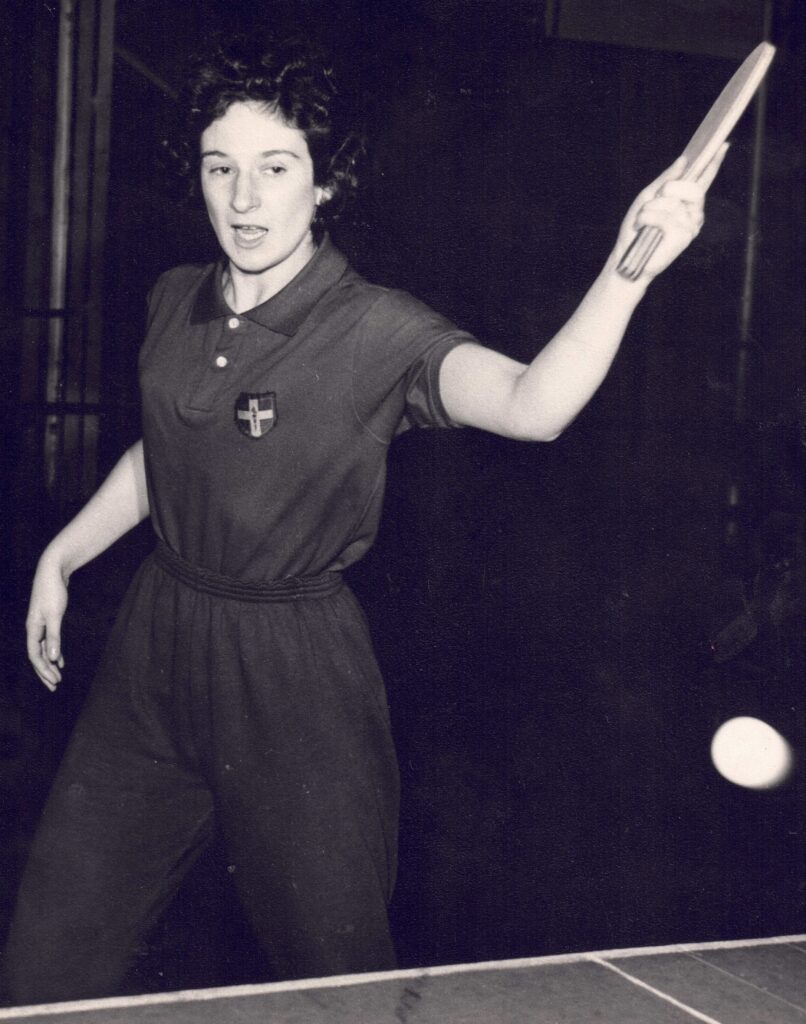
How did going to Friends’ influence your life?
At the time, Friends’ didn’t outwardly promote Quaker values. But the values that were embedded in our school life had a lasting impact on me, from general egalitarian and humane principles to an abhorrence of physical violence and war. I still remember a film about the dropping of the first atomic bomb on Hiroshima on 6 August 1945, screened on around its tenth anniversary in the Senior School assembly hall.
More specifically, visiting Quaker speakers who had travelled and/or worked in Asia introduced me to a part of the world that would later dominate my life. There was no TV when I was growing up, far less the Internet, and information about life in the outside world was limited.
What was your path after leaving school?
Friends’ encouraged boys and girls equally, but broader social attitudes and expectations often led us on different paths. Within a few years of leaving school, the boys who had been in my Senior School classes included a doctor, lawyer, economist, statistician, architect and engineer. I became a secretary and several of my female classmates trained as primary school teachers or nurses – all common pathways for female school leavers at the time.
I’d expressed some interest in becoming an architect, but the general response was “Architecture’s not for girls”. Times have certainly changed. Even so, doing office work gave me the opportunity to travel a lot from my late teens, including a “working holiday” in the UK and living for two years in Moscow where I was attached to the Australian Embassy.

In my mid-20s I changed course, enrolling for a BA degree at the University of Tasmania. Little did I know that I would spend the next four decades based in universities, studying history and later Chinese, eventually getting a PhD, and lecturing, doing research and writing books and articles on Maoist and early post-Mao China. One of the highlights of those years was studying in Peking (as Beijing was then called in English) in the mid-1970s, only a couple of years after Australia established diplomatic relations with the People’s Republic of China. Over the following years, I made many research visits to China.
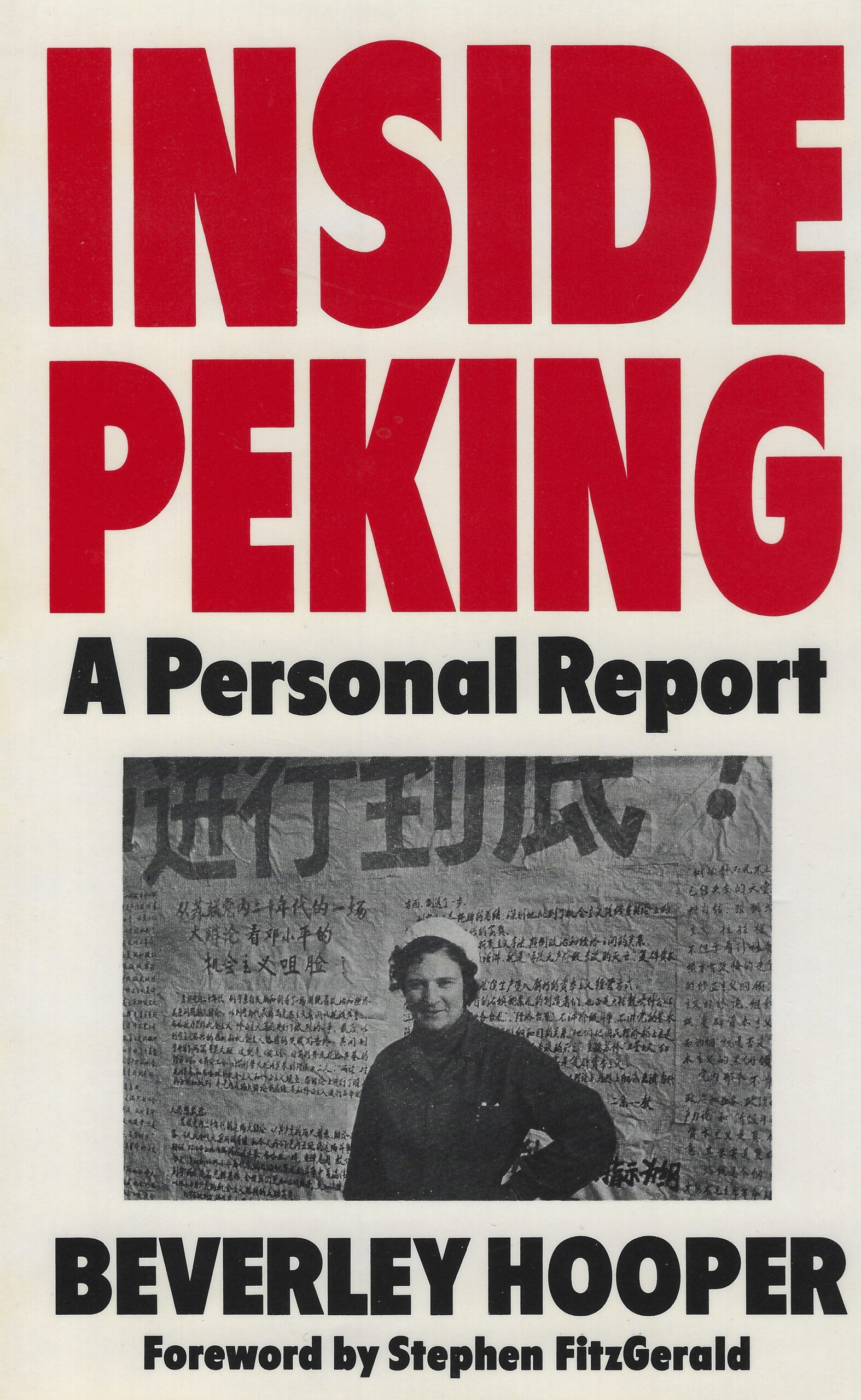
Later highlights included being appointed the University of Western Australia’s inaugural Professor of Asian Studies in the mid-1990s, and in 2000 becoming Professor of Chinese Studies at the University of Sheffield in the UK where I worked for five years. If I had to single out one particular memory, it would probably be the 52nd George Ernest Morrison Lecture on China at the Australian National University in 1991. The Morrison Lecture had long been Australia’s main public lecture on China, and I was surprised to discover that I was the first woman ever to deliver it.
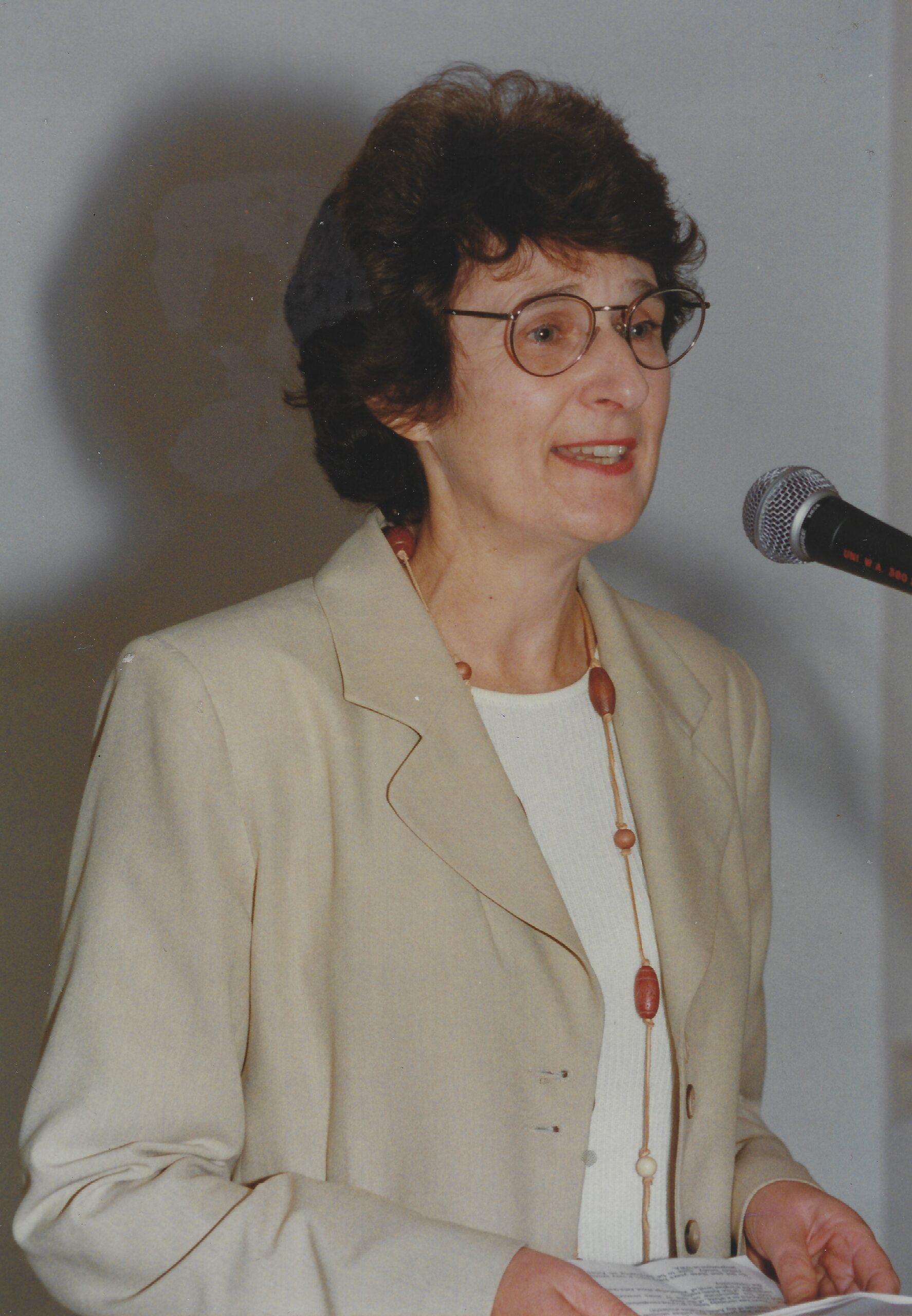
I also became a keen public advocate for the teaching of Asian languages and studies in universities and schools, and I’m pleased to see that Japanese and Chinese continue to be in the Friends’ Curriculum. In 1995 I was elected President of the Asian Studies Association of Australia, as well as being appointed to the Commonwealth Government’s Australia-China Council which promoted cultural relations with China. When I went to my first Council meeting in the Department of Foreign Affairs in Canberra, I recalled my short spell as a secretary in the department over thirty years earlier before being posted to the Australian Embassy in Moscow.
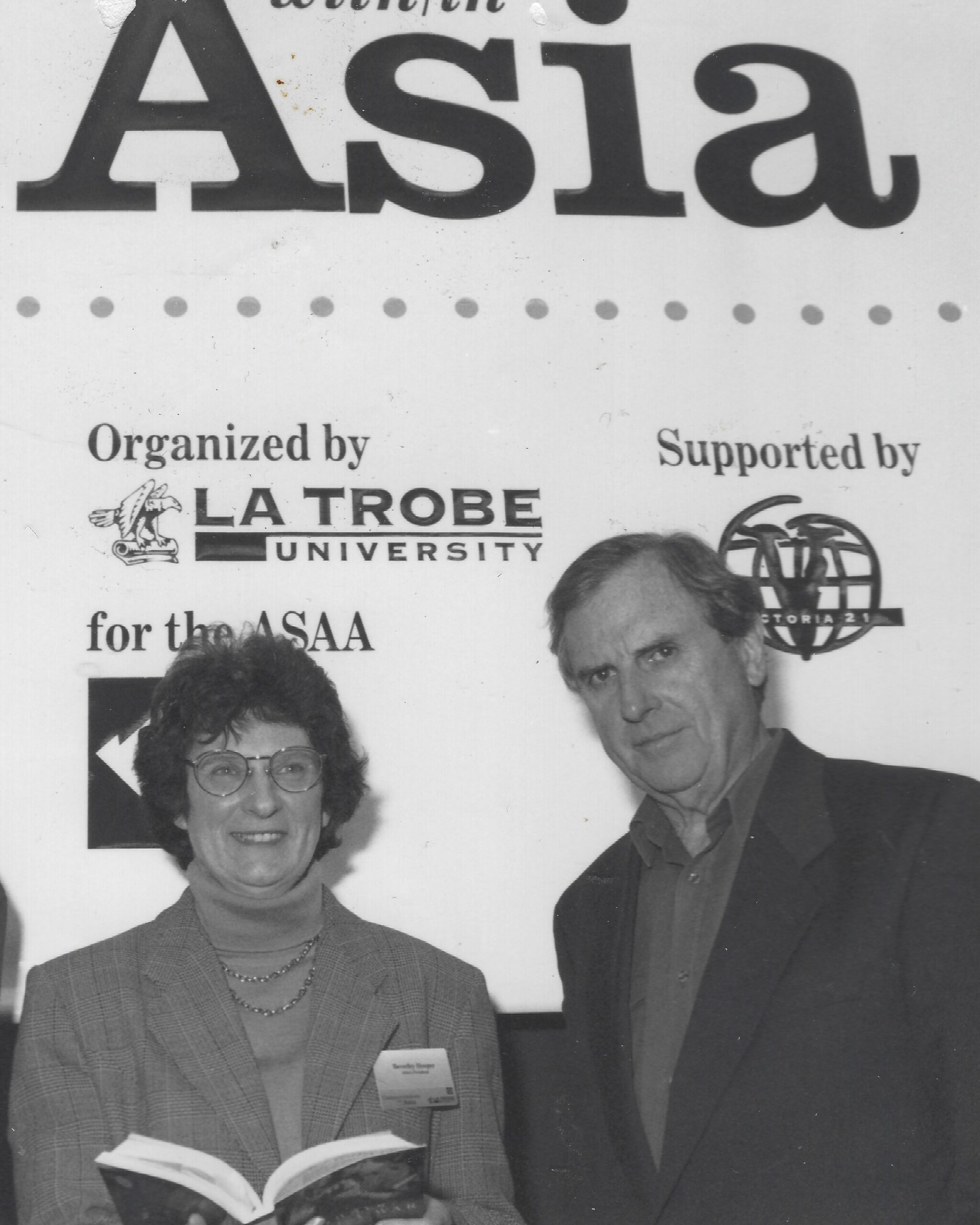
Where are you living now?
I live in Fremantle WA with my husband Tim Wright, also a historian of modern China. I met Tim, whose father’s family had Quaker roots in the south of England, while I was doing my PhD in Canberra. After retiring in 2005, I continued to do research on China, and my last book was published in 2016. I hope my teachers would have been more impressed with my work ethic in later years than they were in the 1950s! These days I spend some of my time catching up on the books I should have read a long time ago and too much time on the internet, while also enjoying Fremantle’s bustling café and restaurant scene.
My sister Chris (1960) still lives in Hobart and keeps me up to date on Friends’ students we knew, while I enjoy seeing online photos of some of them at the “50+ years out” Alumni reunions. In our case it’s “65+ years out”!
